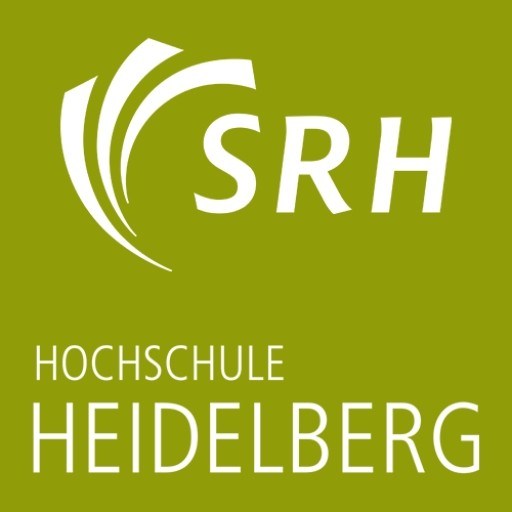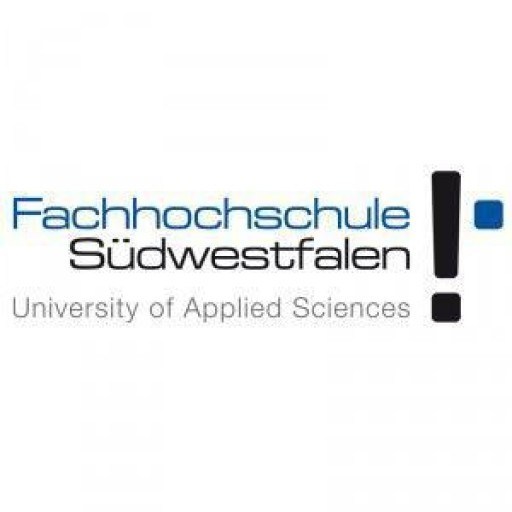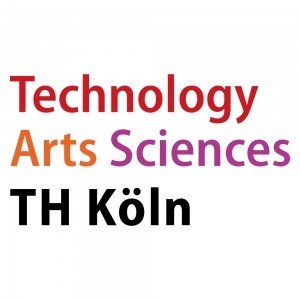Photos of university / #ism_hochschule
The transport and logistics industry is the second largest industrial sector in Germany, securing more than three million jobs. Consequently, the industry is facing a number of challenges: the boom in globalisation has resulted in strong growth in the logistics industry. Customer demands for higher quality and improved reliability have risen. Finally, transport companies are being challenged to find new solutions for effective and environmentally friendly methods for the transportation of people and goods.
The Master's programme International Logistics & Supply Chain Management prepares students to meet these challenges. In addition to comprehensive management knowledge, it provides industry-specific know-how. The main focus is on the core areas of transport, logistics, and supply chain management (SCM). Central to the MSc International Logistics & Supply Chain Management is teaching economic methods and transport management competencies. Students will be enabled to analyse strategic problems, to generate new solutions and to successfully implement them in business practice. Over the course of the Master's programme, students will be able to put into practice the knowledge attained in theoretical seminars. In this regard, they will benefit directly from the ISM's active involvement in the "House of Logistics & Mobility", the international research centre for sustainable logistics and mobility, located in Frankfurt/Main. This growing network of transport companies puts students in direct contact with practical projects and industry experts. A 12-week internship within the transport and logistics sector is also integrated into the programme. In addition to the practical relevance of the degree, a distinguishing feature of the programme is its international focus. The Master's programme combines interdisciplinary management knowledge, interpersonal skills and a focus on industry-specific methods and concepts. This qualifies graduates for management positions in companies responsible for shipping, road, rail, and air transport, in infrastructure companies such as airports or harbours, in planning, and consulting companies.
In cooperation with three partner universities abroad, the ISM offers double degrees.
The Master's programme International Logistics & Supply Chain Management prepares students to meet these challenges. In addition to comprehensive management knowledge, it provides industry-specific know-how. The main focus is on the core areas of transport, logistics, and supply chain management (SCM). Central to the MSc International Logistics & Supply Chain Management is teaching economic methods and transport management competencies. Students will be enabled to analyse strategic problems, to generate new solutions and to successfully implement them in business practice. Over the course of the Master's programme, students will be able to put into practice the knowledge attained in theoretical seminars. In this regard, they will benefit directly from the ISM's active involvement in the "House of Logistics & Mobility", the international research centre for sustainable logistics and mobility, located in Frankfurt/Main. This growing network of transport companies puts students in direct contact with practical projects and industry experts. A 12-week internship within the transport and logistics sector is also integrated into the programme. In addition to the practical relevance of the degree, a distinguishing feature of the programme is its international focus. The Master's programme combines interdisciplinary management knowledge, interpersonal skills and a focus on industry-specific methods and concepts. This qualifies graduates for management positions in companies responsible for shipping, road, rail, and air transport, in infrastructure companies such as airports or harbours, in planning, and consulting companies.
In cooperation with three partner universities abroad, the ISM offers double degrees.
Educational organisation
The first semester focuses on familiarising students with the fundamentals and characteristics of the transport and logistics industry. The Transport Basics module is devoted to the analysis of business modes, models of land and sea transport, aviation, and infrastructure management. In the Process Management in Transport and Logistics module, key processes in logistics will be examined and quality management measures identified. The General Management in Transport and Logistics module offers a comprehensive insight into management methods and the human resources management of institutions and organisations operating in the transport and logistics industry. The first semester is completed with the Leadership Skills module, which provides students with in-depth knowledge of cross cultural management as well as negotiation, communication, and executive presentations.The second semester focuses on specialisation. The Advanced Transport and Logistics Management module presents forecasting, capacity planning, and network management methods used in the transport industry. Furthermore, the module offers an insight into yield management and pricing as well as the industry specifics of marketing. The Finance and Risk Management in Logistics and SCM module presents management tools used for controlling and their applications in the transport industry. The Methodologies in Logistics and SCM module sharpens the students' analytical skills by providing them with an overview of quantitative methods, operations research, big data analytics, and scientific work. The necessary knowledge of the political, legal, social, and technological framework governing the transport and logistics sector is offered in the International Business in Logistics and SCM module. The second semester concludes with a consultancy project that focuses on trends and business challenges in logistics and supply chain management.
During the semester abroad, students will develop and expand their intercultural competencies and enhance their language skills. The semester abroad will be held at one of the ISM partner universities in Europe or overseas. In order to deepen their industry knowledge, students will be able to take courses in the areas of aviation management, maritime logistics or railway planning and operations, with reference to their chosen economic region.
The programme concludes with the successful completion of a Master's thesis.
Study abroad unit(s)
Participants spend the third semester of the programme at one of the ISM partner universities in Europe or overseas.Internships
A 12-week compulsory internship during the first and second semesters guarantees a high level of practical relevance.Language requirements
Applicants should provide proof of English proficiency through one of the following:- TOEFL - minimum 80 points (Internet-based)
- at least 30 ECTS in a university programme conducted exclusively in English
- university degree in English studies
- native speaker of English (to be evaluated on an individual basis)
Academic requirements
The prerequisite for admission is a completed degree (in a programme lasting at least six semesters with a minimum of 180 ECTS) with above-average grades conferred by- a university or
- college or
- an international university of comparable rank
Students must have previously taken examinations in one of the following subjects:
- business studies and/or economics with at least 60 ECTS points
- logistics systems and/or transportation with at least 40 ECTS points
- mathematics and/or statistics with at least 40 ECTS points
- geography with at least 40 ECTS points








